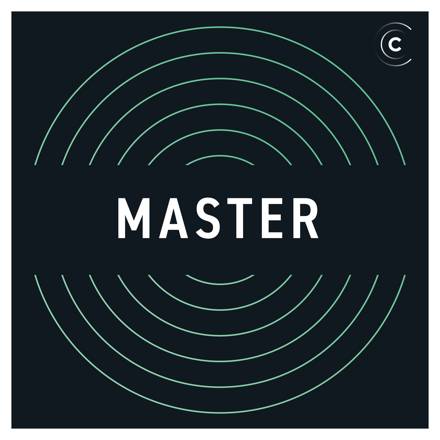This week we’re talking with Bruce Schneier — cryptographer, computer security professional, privacy specialist, and writer (of many books). He calls himself a “public-interest technologist”, a term he coined himself, and works at the intersection of security, technology, and people.
Bruce has been writing about security issues on his blog since 2004, his monthly newsletter has been going since 1998, he’s a fellow and lecturer at Harvard’s Kennedy School, a board member of the EFF, and the Chief of Security Architecture at Inrupt. Long story short, Bruce has credentials to back up his opinions and on today’s show we dig into the state of cyber-security, security and privacy best practices, his thoughts on Bitcoin (and other crypto-currencies), Tim Berners-Lee’s Solid project, and of course we asked Bruce to share his advice for today’s developers building the software systems of tomorrow.






